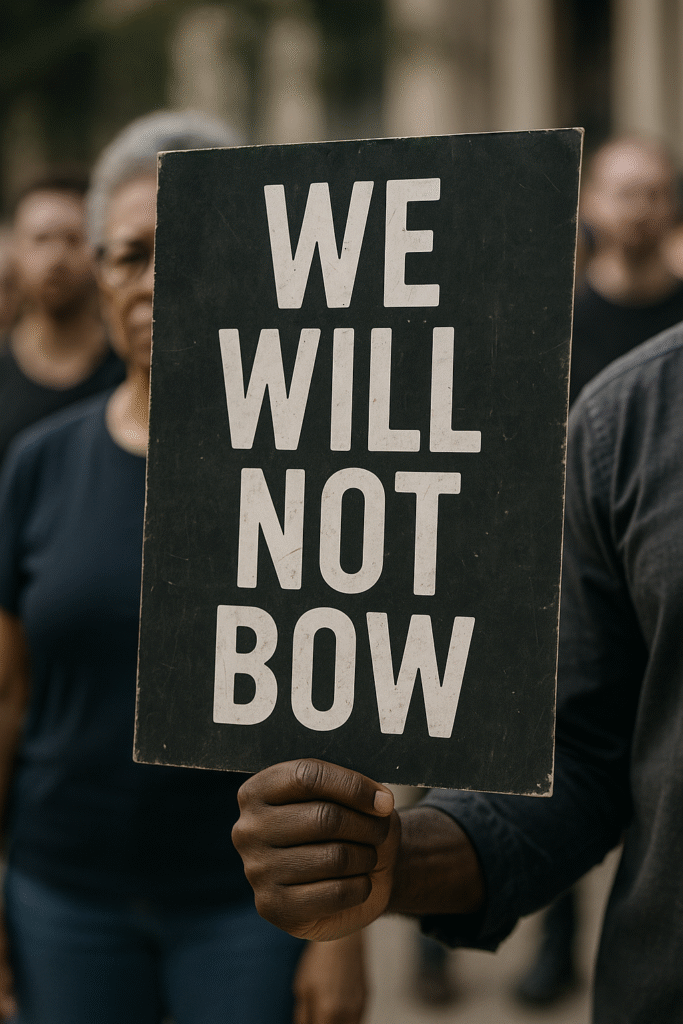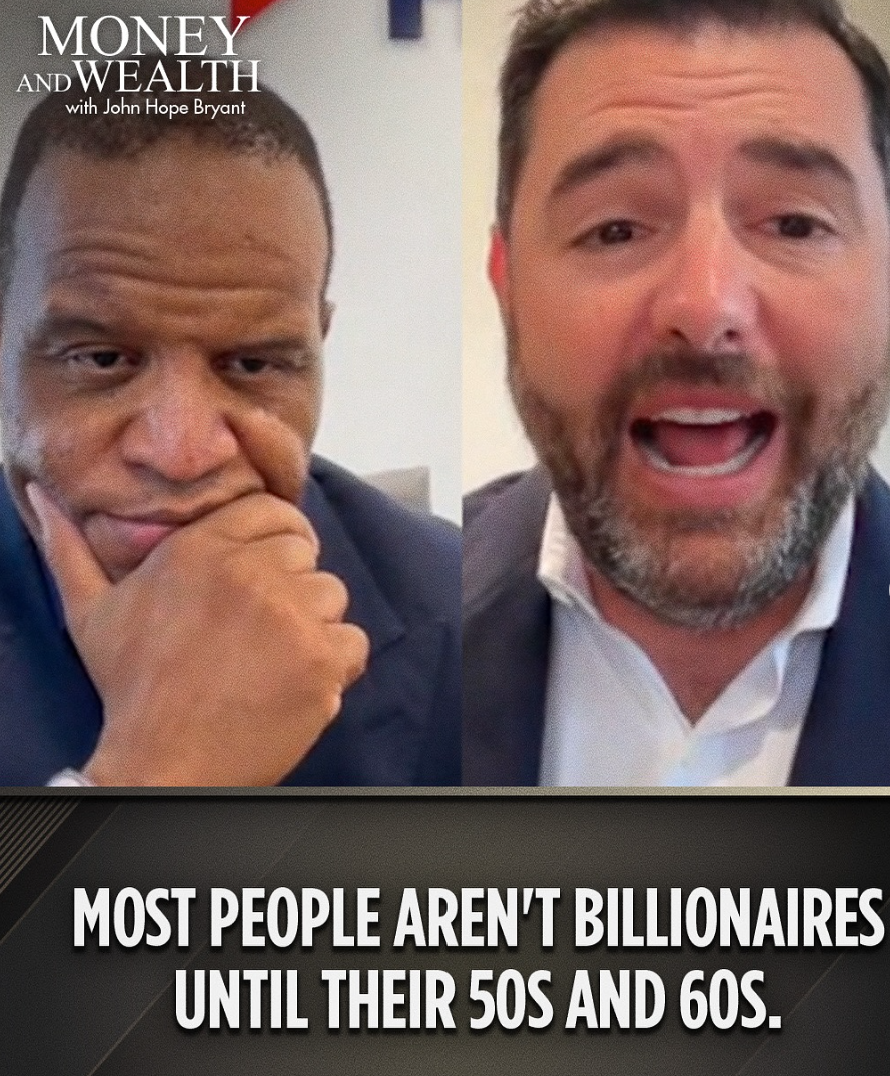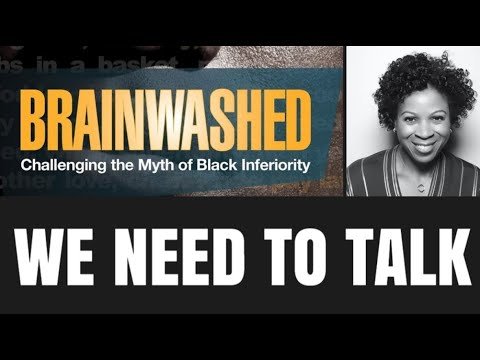TL;DR:Dr. Mary Frances Berry and the Truth Talks panel expose a rising tide of coordinated threats—from authoritarian policies to economic exploitation—calling on Black communities to reclaim agency. Through grassroots organizing, strategic ownership, and informed influencer advocacy, real change is still possible. But time is running out.
The Urgency of Now: Two Voices, One Message
In today’s fractured political landscape, two powerful platforms—The Karen Hunter Show and Truth Talks—delivered one urgent truth: Black America must resist not only with its voice but with its votes, wealth, and digital influence. Featuring legendary civil rights leader Dr. Mary Frances Berry and a firebrand panel of modern thinkers, both shows converged around a sobering message—the rights we think are guaranteed are quietly being dismantled.
“We will not give in, not give up. We will not bow. We will not bend. We will survive.” – Dr. Mary Frances Berry
This wasn’t just inspiration—it was a warning wrapped in wisdom.
1. What Is Project 2025—and Why Should You Care?
Dr. Berry, now 87 and still sharp as ever, rang the alarm about Project 2025, a political agenda led by conservative think tanks like the Heritage Foundation. It includes policy proposals aimed at reducing government oversight, cutting Medicaid, weakening civil rights protections, and installing ideologically aligned bureaucrats.
She compared these slow-moving but dangerous tactics to the methods used in Nazi Germany, where authoritarianism crept in under the guise of economic reform.
“You have rights—until you don’t,” Berry warned. “When the courts, lawyers, and universities are compromised, the resistance infrastructure collapses.”
Learning Point:
Stay informed on political blueprints like Project 2025. Read their documents, examine their funding sources, and support journalism that holds them accountable.
2. Economic Warfare: The Battle Over Reparations and Wealth
The Truth Talks panel shifted the conversation to Tulsa, Oklahoma, where a new $15 million program dubbed the “Road to Repair” was announced as a step toward reparations. But there’s a catch—there are no direct payments to survivors or descendants of the 1921 Tulsa Race Massacre.
“That’s not reparations, that’s taxpayer-funded beautification,” said Dr. Jamal Bryant.
This distinction matters. True reparations involve direct economic redress—not just community programs or scholarships. Economic harm requires economic repair.
Data Point:
According to the Federal Reserve’s 2022 SCF, the median Black household net worth was just $44,900, compared to $285,000 for white households—a sixfold gap.
Learning Point:
Push for legislation that includes direct financial reparations, land redistribution, and business grants for Black families. Symbolic gestures don’t rebuild generational wealth.
3. The Police State in Plain Sight
The Truth Talks team also dissected a video where a Florida sheriff gave officers the green light to use deadly force on protesters, declaring, “graveyard dead.” The panel’s reaction was swift and damning.
“This ain’t law enforcement. This is legalized lynching,” said commentator Dimitri.
“That is plantation pontification,” added Judge Lauren Lake.
They contrasted this with the leniency shown during the January 6th Capitol riots, where white insurrectionists faced little resistance.
Learning Point:
Black protest is often criminalized before it begins. Protect your rights by understanding local ordinances, recording interactions, and organizing with legal observers on standby.
4. Old-School Tactics Meet New-School Tools
Dr. Berry emphasized the effectiveness of grassroots tactics:
- Restore churches and neighborhood spaces as organizing hubs
- Use boycotts strategically—just like the Montgomery Bus Boycott
- Don’t stop at voting—track your elected officials and pressure them relentlessly
Meanwhile, Truth Talks challenged the Black community to modernize the resistance through influencer mobilization.
“We’re not asking for saviors. We just need you to speak when it matters.” – Dimitri
“What goes viral isn’t always what’s vital.” – Dr. Bryant
Influencers like Kai Cenat represent a powerful, untapped resource. With political training and access to accurate information, these cultural leaders could become policy shifters—not just entertainment icons.
Learning Point:
Partner with or support digital creators who align with liberation goals. Elevate educators and truth-tellers in your algorithm.
5. Who Really Runs America—and What Can We Do About It?
Both shows posed a haunting question: Is the U.S. government truly run by its citizens—or by billionaires, lobbyists, and corporate shadow networks?
“The presidency is just the poster child for rich ideas,” said Dimitri.
“Only 13 Black billionaires in the world. We can’t play the lobbying game alone,” noted Dr. Bryant.
Learning Point:
If we can’t buy political access, we must build collective power—through credit unions, co-ops, mutual aid funds, and grassroots lobbying coalitions.
Final Thought: From Inspiration to Implementation
“You don’t pass the torch—you grab it.” – Julian Bond (quoted by Dr. Berry)
These weren’t just thought pieces. They were battle plans. From digital strategy to community uplift, from ownership to outrage—this is the blueprint for what comes next.
Reflection Questions:
- What are you doing to build economic power in your community?
- Are you holding elected officials accountable *after* election day?
- Can influencers be trained to shape policy—not just pop culture?
Resources & Action Steps
- 📘 Read Dr. Berry’s History Teaches Us to Resist
- 📊 Study the Federal Reserve’s 2022 Wealth Data
- 🎥 Follow digital creators using their platforms for justice
- 🗳️ Track your local and state legislation at LegiScan
Join the Conversation
Do you believe Tulsa’s “Road to Repair” is progress—or a political façade? Should influencers like Kai Cenat be trained as political voices? What’s your strategy for economic resilience in 2025?
Comment below and share this post if you’re ready to move from protest to power.






